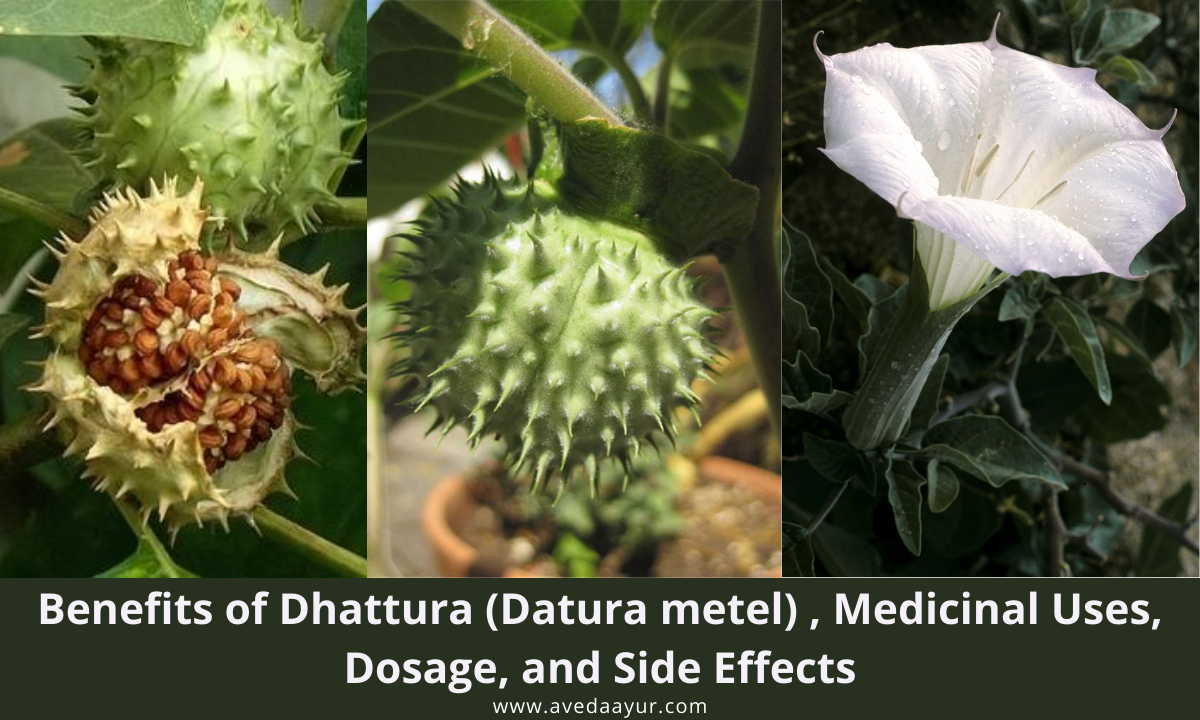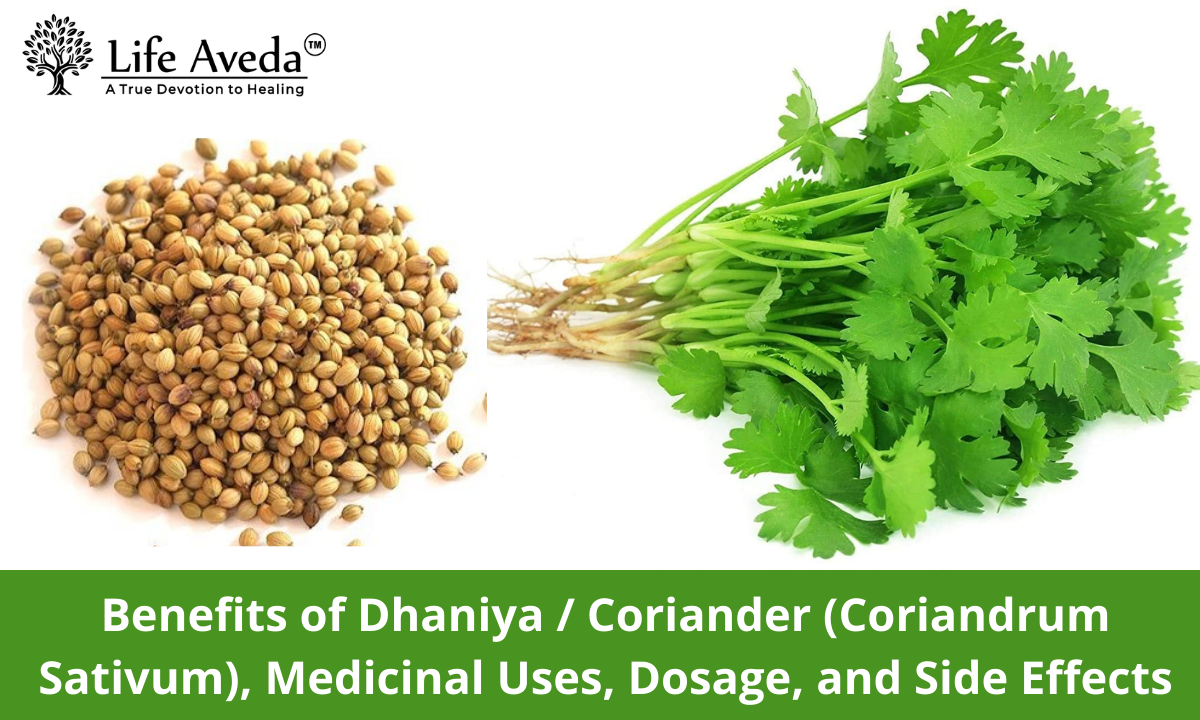Benefits of Celery medicinal uses, dosage, and side effects
Celery has been used as traditional medicine in tropical regions, mountainous, and appreciated for centuries because of its medicinal values. Various studies have stated that this herb can also be useful as a ghost/angel for the treatment of diseases. This aromatic herb sets itself from other plants of this family to which it belongs. It has been used in Ayurveda to treat various skin issues, rhinitis, fever, the bite of poisonous animals, and psychiatric disorders. It also worked as an important source of food and medicinal herb for centuries. It works as a great carminative and diaphoretic.
Botanical name- Angelica archangelica
Family- Apiaceae
Celery Names in different languages
- Hindi name: Choraa, Rikha Choraa, Gandrayan
- Sanskrit name: Choraka, Taskarah, Chorakaa, Dhanhar, Kopana, Chorakakhya, Nishachara, Ksemakah, Corama, Kopana
- English name: Angelica
- Punjabi name: Churaa, Choraa
- Bengali name: Chorak
- Kannada name: Choraka
- Gujarati name: Chorak
- Malayalam name: Choraka Pullu
- Marathi name: Corak
- Telugu name: Gaddi Davanamu
- Chinese name: Pinyin, Dang-gui, Tang-kuei, and Wade-Giles
Morphological characteristics
Celery is a biennial and perennial herb which grows up to the height of 2.5 meters its main part is the stem which is used for preparing medicines. Its leaves originated from small leaflets and are divided into 3 groups and then again subdivided into 3 more groups. The leaflets present on it have finely toothed edges. The flowers are yellow Asian color, small, and found in groups. This herb is mainly found near deposits of water like a river and in damp soil. In the first year, only leaves are grown but in the second year Sam also grows and which is up to the height of 2.5 m.
Habitat
Celery is found in the inner valleys of the Himalayas like in Kullu, Kashmir, Chamba, Kinnaur, Lahaul, and Pangi at an altitude between 3200 and 4200 m.
Chemical constituents present
Oxypeucedanin, 3-butylidene dihydro phthalide, 3-butylidene phthalide, ligustilide, butyl phthalide, terpenes, Camphene, borneol, Limonene, myrcene, Carvone, and caryophyllene
Ayurvedic properties of Celery
- Rasa (Taste)- Tikta (Bitter), Katu (Pungent) and Madhura (Sweet)
- Guna (Quality)- Tikshna (Sharp), Laghu (Light) and Rooksha
- Veerya (Potency)- Ushna (Hot)
- Vipaka (undergoes taste conversion after digestion) – Katu (Pungent)
Medicinal properties of Celery
- Antiviral
- Antibacterial
- Carminative
- Diaphoretic
- Anti-anxiety
- Decongestant
- Digestive
- Expectorant
- Circulatory
Medicinal uses as per Ayurveda
- Kaphahara- It helps to reduce phlegm
- Medohara- works as anti-obesity
- Vatahara- treats Vata related disorders
- Deepana- promotes appetite
- Pachan- helps in digesting undigested food
- Vranaprasadana- treats wound healing
Health Benefits of Celery
Digestive- As Celery is bitter and aromatic so it can be used for supporting a healthy digestive secretion and relieving bloating. Being a digestive herb it is also used for improving appetite and can be taken before meals for better results.
Respiratory issues- Celery works as a respiratory tonic that stimulates the respiratory organs and clears the lungs. Being an anti-inflammatory, it also helps to establish a healthy inflammatory response in the respiratory organs. Due to its expectorant action, it expels out the thick mucus from the respiratory passage and aids respiration.
Circulatory disorders- The presence of volatile oil stimulates healthy circulation in the whole body and maintenance the body’s mechanism.
Boost immunity- Celery works as a great immune booster and can induce sweating and warmth in the body which boosts the immunity of the body to overcome seasonal bugs. It also treats nausea, sneezing, coughing, etc.
Other uses
- Being a diaphoretic, it stimulates sweating and treats high fever by bringing down the body’s temperature.
- This herb has the carminative property that relieves excessive intestinal gas accumulation.
- During premenstrual syndrome and painful menstruation, it works as a muscle relaxant and analgesic.
- Due to antiviral action, it also cleared the herpes simplex virus (HPV) from the body.
- It also calms the nerves and relieves anxiety.
- This herb also possesses antioxidant action that prevents the oxidative damage done by free radicals to the body and prevents various diseases like atherosclerosis.
Part used
Root
Dosage: 3 to 5 grams (Powder)
Side effects of celery
Celery when taken in excessive doses can cause toxicity in the body. In the fresh stage, its roots are poisonous. So dry the roots before using them and are contraindicated in diabetes mellitus, intestinal ulcers, pregnant ladies, lactating mothers, and children below the age of 2 years.
Conclusion
From this article, it is concluded that celery possesses various medicinal properties that can help to treat respiratory and digestive issues. This also treats high fever by stimulating sweating. It also shows good results in the case of the herpes simplex virus because of its antiviral property. But its excessive dose can cause toxicity in the body. So it is avoided or contraindicated in patients who are suffering from intestinal ulcers, or diabetes mellitus. It should not be given to pregnant ladies, lactating mothers, and children below the age of 2 years.
FAQs
Ques: Can Celery boost immunity?
Yes, celery can boost immunity and prevent seasonal allergy and its associated symptoms like coughing, sneezing, etc.
Ques: When and in what dose we can use Celery?
You can use Celery in the dose of 3 to 5 grams in the form of powder but before meals for better results.
Ques: Can we use Celery for improving appetite?
Yes, you can use Celery for improving appetite because it has the digestive property that improves the digestive fire and aids digestion.
Ques: What are the side effects of Celery?
Celery can cause toxicity in the body when use in excessive doses.
Ques: Which part of celery is useful?
The root of celery is useful.
Ques: How does celery works in atherosclerosis?
In atherosclerosis, celery works as an antioxidant that reduces the oxidative damage done by free radicals to the body and prevents infections.
Note: Our purpose is to serve useful information related to celery‘s benefits, dosage, and other properties. It is advised to the patients not to consume it on the basis of this information. Before taking this as a medicine it is better to have an expert opinion because dosage and treatment vary from patient to patient depending on their symptoms and medical history.
Doctor Consultation Online: Get Personalized Consultation
At Life Aveda, we provide personalized online doctor consultations. In this, a doctor discusses the medical history of patients and does the root analysis of causes. After the deep analysis doctor suggests the necessary medication to the patient. To book a Consultation call on us at +91 7743002520 or click on the button to schedule an appointment with our expert doctors.
We Care For Your Health
- 100% PRIVACY PROTECTION
- VERIFIED DOCTORS
- QUICK RESPONSE







